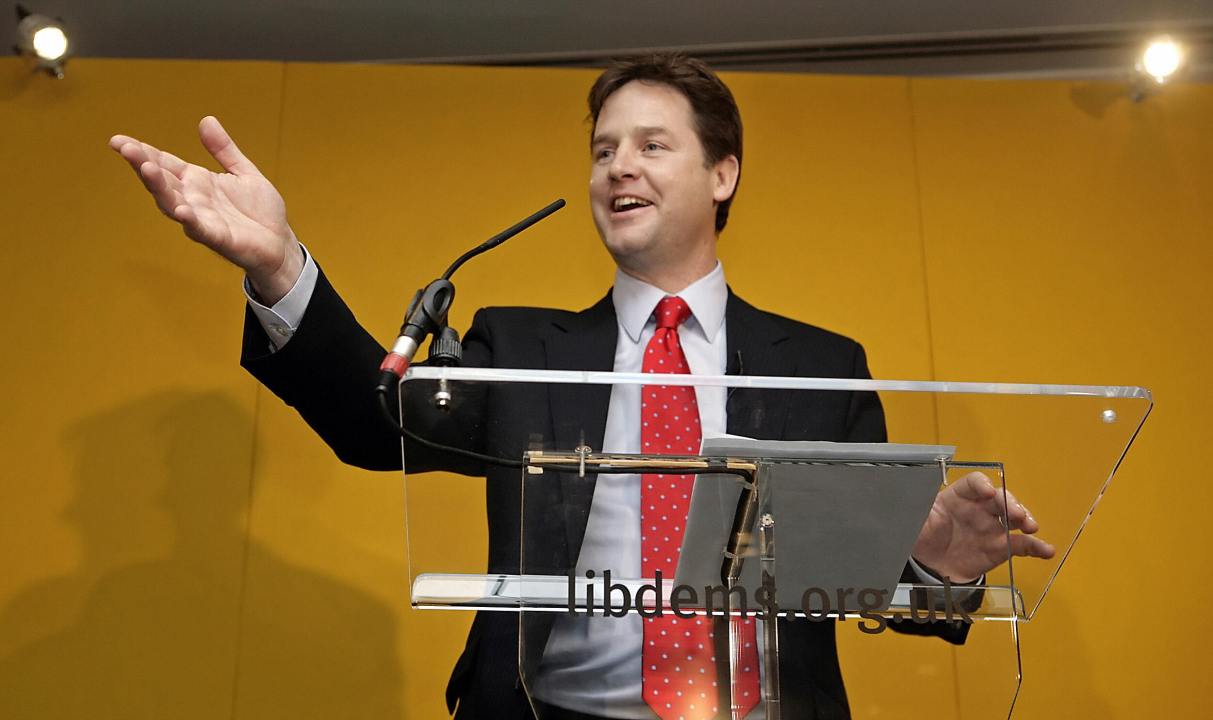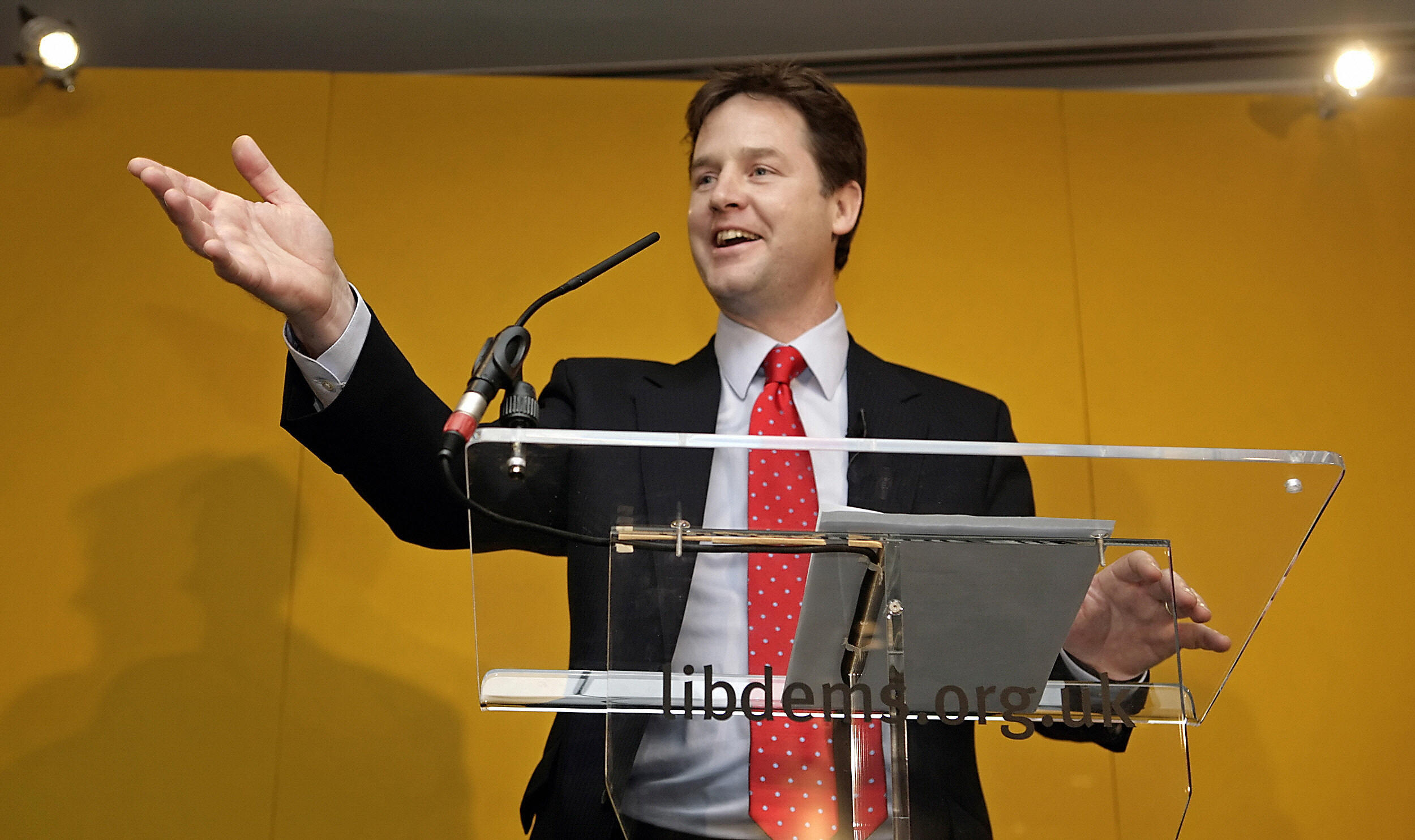 Over the weekend, Nick Clegg had a piece in the Telegraph in which he extolled the virtues of NHS reform. He wrote:
Over the weekend, Nick Clegg had a piece in the Telegraph in which he extolled the virtues of NHS reform. He wrote:
“As it approaches its 60th Birthday, the NHS is at a crossroads. As with all our public services under Labour, good intentions have gone awry under the iron fist of central control. Money has been poured in, but it hasn’t delivered the first-class health service Britain deserves …. So what next? There are no more bucketloads of cash to pour in. Instead of only asking “how much” we spend, it’s time to focus on “how” we spend it …. A People’s NHS would replace top-down targets with personal entitlements to high-quality care. A “patient contract” would guarantee core treatments in all areas and deliver meaningful choice …. To drive the NHS to deliver, everyone should have the right to private treatment, paid by the NHS, if the waiting time is exceeded. That’s how it works in Denmark – not to undermine the public system, but to guarantee individual care. And patient empowerment must go further – with direct payments and personal budgets devolved to individuals for long-term and chronic conditions, so they can choose what help they get instead of being chivvied into doing what suits the system.”
As Fraser has already noted – and as this article confirms – Clegg’s Big Idea is to forge the Lib Dems into the party of public service reform. The tactic may pay hefty dividends. If Clegg’s successful, it would be the first time for a while that the Lib Dems have an identifiable raison d’être other than just being the none-of-the-above party. It appears that after a leadership contest in which he seemed paralysed by fear of making a mistake or revealing his Orange Book instincts to party members, Clegg is beginning to find his feet.
Besides, there are votes to be won here. The Government’s approach to public service reform (especially in the NHS) has been a classic case of see-saw politics: sometimes they like it; sometimes they loath it; and sometimes they even hide it! Of course, Clegg’s approach won’t endear his party to Old Labour voters – whom some believe he should be targeting – but this is still an improvement on the Government, who are riling absolutely everyone from private companies to the unions.
All of which augers for Lib Dem success in the long-term, but there’s a short-term challenge for the party: forming a coherent approach to the topic which will dominate debate over the next five weeks.







Comments